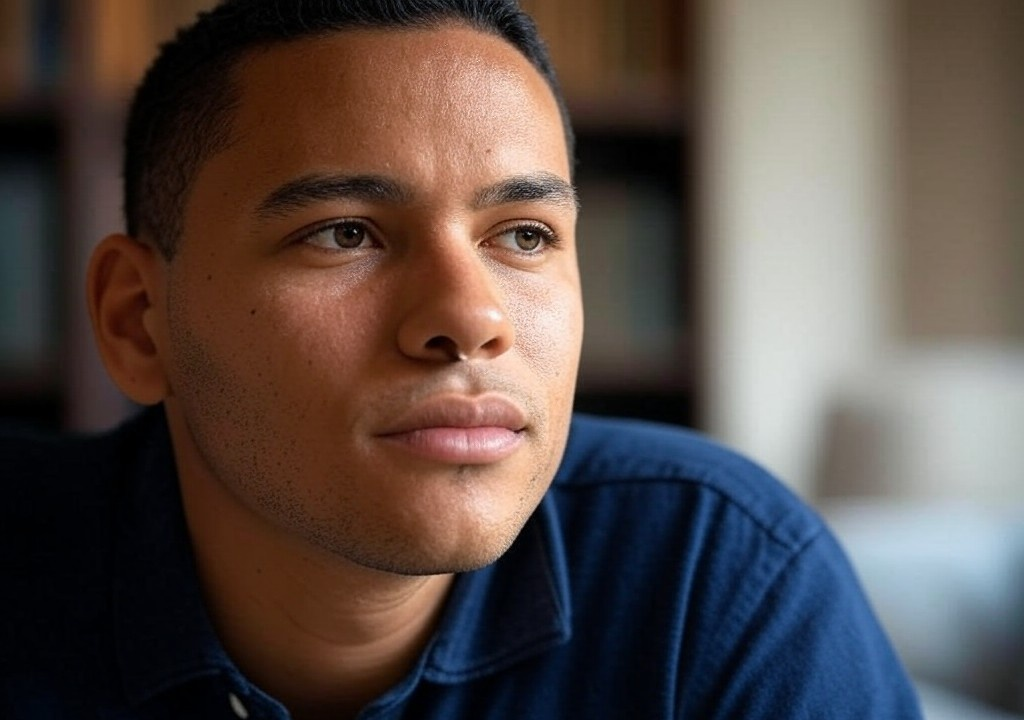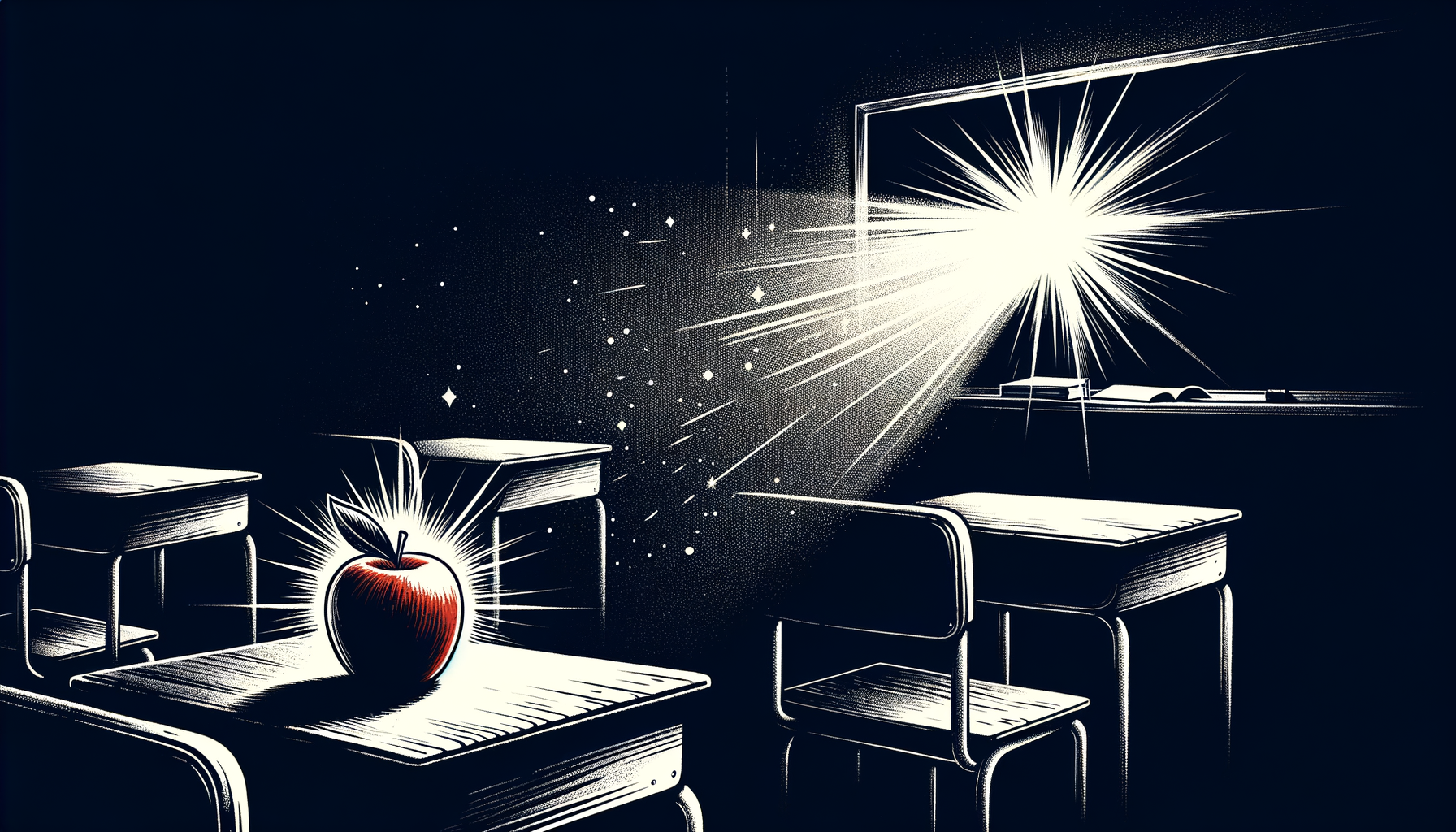My First Big Failure
I thought I was ready. My chest puffed up, my confidence freshly marinated in youthful ambition, and my handwriting crisp on a freshly printed résumé. I was twenty-four, post-grad in Miami, and had just landed my very first interview at a major news outlet that would either catapult me toward my journalistic dreams or leave me picking up my grandma’s pastelitos order in shame. Spoiler alert: I ended up eating pastelitos alone while wondering if I could change my name and start fresh in another city.
It’s funny how when you’re fresh out of college, you believe failure is something that happens to other people—people in cautionary tales your parents told you during dinner. For me? “Failure” arrived in a polished glass office with frosted windows and an utterly terrifying editor wearing the most intimidating pair of glasses I’d ever seen.
Let’s dig into why that particular flop—and the spicy aftermath—turned out to be a defining moment in my life.
The One Question That Sank the Ship
Things started well enough during my interview. I managed to make it past the handshake without fumbling (a win), answered a couple of softball "tell me about yourself" questions, and even got a polite chuckle with some quip about Miami traffic. But then the sunglasses of doom hit me with the question—the one that makes or breaks you:
“So, tell me how you approach storytelling. Why would our readers care about what you write?”
Cue the sound of a record scratching. Suddenly, every bit of journalistic training I'd ever had went flying straight out of my brain. My usual waterfall of words dried up. All I could hear was the elevator music in my head and my mom’s voice saying: “¡LLEGASTE TARDE!” (You’re late).
I mumbled something incoherent about “connecting with readers” and possibly mentioned the word “vibes.” Yes, vibes. In an actual journalism interview.
I walked out of the building drenched in flop sweat, fully convinced that I should abandon all career ambitions and look into owning a food truck instead. (Taco journalist? Maybe?)
In the Aftermath: ¡Qué Vergüenza!
For the uninitiated, vergüenza (embarrassment) is practically a rite of passage in Cuban families. You mess up, and everyone will hear about it at the next family potluck—and the next three birthdays.
True to form, my family found multiple creative ways to remind me of my failure. My abuela told me to pray to Saint Jude, the patron saint of lost causes. My dad shook his head and offered some classic dad wisdom: “If you stay nervous, you’ll learn nothing.” And my mom? She handed me yet another plate of ropa vieja and told me, “No one who works hard stays down forever.”
It’s one thing to be told this, but when you’re young and failing spectacularly, it’s hard to believe you’ll ever climb out of the hole you’ve dug. So, I wallowed. I listened to Gloria Estefan and wrote sad poems no self-respecting person should ever revisit. (Some rhymes were truly unforgivable.)
But then came the tipping point. While drowning in my own pity party—somewhere between journal number three and a panic attack—I realized something: If I wasn’t good at bouncing back from failure, how on earth would I write about resilience, about human stories, about the complicated hurdles we all hit?
It wasn’t just a professional fail. It was a wake-up call.
Failing Forward
Here’s the thing they don’t tell you about failure: it’s not just something you get over. You learn to carry it differently. You realize it’s like wearing a cologne that’s a little too strong—initially overwhelming but something you grow used to over time.
Here’s what failure taught me, in actionable terms:
-
Humility Goes a Long Way
There’s a difference between confidence and delusion. I’d gone into that interview overestimating what I thought I was ready for. Experiencing that sinking stomach moment made me pause and reassess what I needed to learn before I could walk into another room. -
Know Your “Why”
The editor’s infamous question—“Why would our readers care?”—haunts me to this day. But it forced me to tighten up my craft, to write with focus and purpose, and to always, always have the guts to ask myself that question every time I pitched a piece. -
Phone a Friend (or Five)
Had I talked to anyone prior to that interview, I likely wouldn’t have tripped over my own feet. Friends, mentors, abuelas—they’re all part of the network that can help you steady your pace. Don’t be afraid to ask for insight, even if it feels like admitting weakness. -
Rejection Isn’t the End
Oh, this is a tough one, especially when rejection feels personal. But the truth is, it isn’t the last word in your story. -
Take Inventory of Your Failures
Weirdly enough, looking back at this moment years later helped me catalog all the other times I’d stumbled—whether in work, love, or friendships. Seeing the cumulative growth that followed made me realize failure isn’t a blip on the radar. If anything, it writes the map.
Romance, Writing, and Resilience
Funny enough, that failed interview didn’t just impact my career; it bled into how I learned about resilience in all aspects of life, including love.
Take, for instance, the time I asked out the stunning, untouchably cool Cuban-American musician I’d sorta-known from neighborhood block parties growing up. I wrote her a letter. A long one, attempting to blend poetry, humor, and some light self-deprecation. Spoiler: Cringe-filled rejection.
It felt like “that” interview all over again. Only this time, instead of a frosty editor, it was Miami’s most talented piano player who passed on me. But I didn’t stop writing letters—or showing up. Sometimes, when you fail as spectacularly as I did, the lesson isn’t just “grow a thicker skin”; it’s learning to stay open so you don’t shut off possibility altogether.
Eventually, I got better at balancing earnestness and effort when it came to relationships. That failure with her sparked growth in me just like that interview nightmare—turning me into someone who could write authentically, face stronger challenges, and even hold space for rejection without crumbling.
Your Failure Doesn’t Define You
I won’t sit here and pretend failure magically transforms you overnight. One bad interview or heartbreak doesn’t lead to a cinematic montage where you suddenly become the best version of yourself. Growth happens slowly. You stumble forward, trip again, and, before you know it, you’ve walked farther than you thought possible.
If there’s one thing I’m taking to my grave, it’s a mantra my abuela lived by: “Lo que se cae, se levanta.” What falls, rises.
Sure, my first big failure taught me hard lessons about writing and life, but it also taught me the art of deciding to stand up again every single time. And no, failure isn’t glamorous. But if you listen carefully, it’s one of the best teachers out there.
So here’s to past mistakes—for shaping us, humbling us, and ultimately showing that the climb back up is always worth it.




















